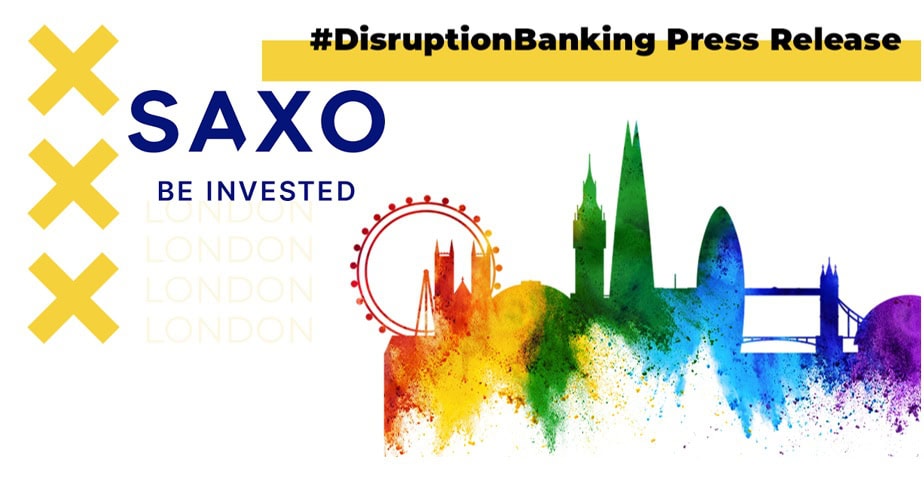The South African rand (ZAR) has had a turbulent 2024 so far – particularly around the time of the country’s dramatic elections at the end of May.
The elections on May 29th produced a result that South Africa has never seen before. The African National Congress (ANC), which has ruled South Africa since the country became a democracy in 1994, failed to secure an outright majority and therefore were forced to enter a coalition with its main rival, the free-market Democratic Alliance (DA), and the smaller Inkatha Freedom Party (IFP).
The reasons for the drop in the ANC’s vote share are multifaceted, but many analysts suspect that South Africans may have felt that the ANC had taken their votes for granted given their long, uninterrupted spell in power. The challenging economic situation in South Africa – which has seen its currency depreciate by 30% against the dollar over the last five years – may also have encouraged voters to seek an alternative in the DA, which is widely considered to be pro-market and business-friendly.
The electoral experience of the ANC – one of the continent’s oldest liberation movements – serves as a warning to other leaders not to take voters for granted.https://t.co/m1Z38TE44a
— Chatham House (@ChathamHouse) June 24, 2024
The election results caused a brief period of significant volatility on rand markets as nobody was quite sure what would happen. At one point it was not even clear whether the ANC would be prepared to enter into coalition negotiations with the DA. As a result, in the week after election day, the rand lost around 3% in value against the dollar, before rebounding when the ANC confirmed that it was prepared to negotiate.
However, the currency then dropped sharply again when the DA threatened to walk away from talks over disagreements with the ANC over the proposed composition of the cabinet. Eventually, after more than two weeks of negotiations, the ANC and DA announced that they had agreed to form a government of national unity (GNU), at which point rand markets stabilised and began to make gains. Gains were also seen on South African stock and bond markets.
This spell of volatility demonstrates the extent to which the rand – and perhaps all emerging market currencies to different extents – are exposed to political developments.
A broad rally in South African markets signalled investor relief after President Cyril Ramaphosa ended weeks of uncertainty by announcing a new cabinet that he said would prioritise economic growth.https://t.co/jV0IA635Y7
— News24 🇿🇦 (@News24) July 1, 2024
However, even with this period of political uncertainty now over, there are reasons to suspect that the rand could face volatility and potential depreciation in the months ahead. For one, Bank of America Securities has recently said that it expects the South African Reserve Bank (SARB) to start cutting interest rates as early as September, even though it is widely believed that the US Federal Reserve will delay cutting rates until December or even later.
Lower rates would likely incentivise foreign exchange traders to rotate assets out of the rand and into other assets with stronger yields. A lower interest rate differential between US and South African markets could similarly encourage traders to keep their assets in dollar markets, weakening the rand against the greenback.
Furthermore, markets now expect President Trump to win the US election in November, something that could cause a stronger dollar and therefore weaker rand. While Trump has argued that he would like to see a weaker dollar to boost US exports, Deutsche Bank have noted that it would be “very difficult” to engineer a weaker dollar, while Morgan Stanley have said that Trump’s policies would likely strengthen the dollar. A stronger dollar would come at the cost of emerging market currencies including the rand.
A second Donald Trump presidency would boost the #dollar despite the Republican’s recent comments that he’d prefer a weaker US currency, according to Wall Street strategists.https://t.co/SrRFjRVHDw
— #DisruptionBanking (@DisruptionBank) July 23, 2024
While the new government of national unity will of course be seeking to improve South Africa’s economic fate, the data remains concerning. Real GDP growth decelerated from 1.9% in 2022 to 0.6% last year. The current account deficit is widening, putting further pressure on the rand. Unemployment is high and youth unemployment, at almost 40%, worryingly so. These trends, along with other macroeconomic and global factors, could cause the rand to weaken further in 2024.
Author: Harry Clynch
#SouthAfrica #Africa #Rand #ZAR #ForeignExchange















